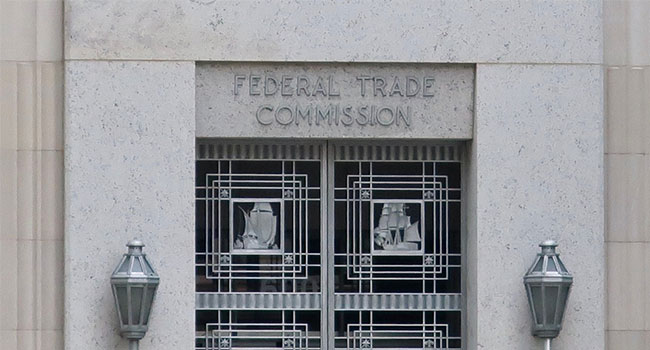
FTC Reaches Settlement With Utah Company Accused of Improperly Protecting Customer Data
Between 2014 and 2016, a hacker was able to access the personal information of about 1 million InfoTrax Systems customers. Now, the FTC is taking action.
- By Haley Samsel
- Nov 14, 2019
In its latest bid to punish companies for failing to protect customer data, the Federal Trade Commission has reached a proposed settlement with InfoTrax Systems, a provider of operations systems for multi-level marketers.
InfoTrax, which is based in Utah, faced a series of intrusions between 2014 and 2016 that exposed the data of about 1 million customers, including information like addresses, Social Security numbers, passwords and more. Some 500 payment card numbers and 16 bank account numbers were also compromised, according to the FTC.
The commission found that the company failed to implement “reasonable security safeguards,” essentially allowing a hacker to access the sensitive data more than 20 times before InfoTrax realized it had been hacked in March 2016.
“Service providers like InfoTrax don’t get a pass on protecting sensitive data they handle just because their clients are other businesses rather than individual consumers,” Andrew Smith, the director of the FTC’s Bureau of Consumer Protection, said in a statement on Tuesday. “As this case shows, it’s every company’s responsibility to protect customers’ personal information, especially sensitive data like Social Security numbers.”
Under the proposed terms of the settlement, InfoTrax will be required to create a cybersecurity program to address the security failures in the FTC complaint. Those issues included failing to delete personal information the company no longer needed, adequately segment its network and implement safeguards to detect unusual activity in the network.
Customer data was also left unencrypted within the company’s systems, making it easy for hackers to access and use the information for malicious purposes.
In addition to creating and enforcing a cybersecurity plan, InfoTrax will face third-party assessments of its program every two years. The third-party assessor, which the FTC must approve, will conduct employee interviews, conduct independent sampling and review documents before drawing conclusions about the effectiveness of the security measures.
Just last month, the FTC handed down another proposed settlement that banned a mobile app company, Retina-X Studios, LLC, from selling “stalkerware” monitoring apps unless they implemented measures to ensure the apps were used for “legitimate purposes.”
That settlement also required the company and its owner to implement a cybersecurity plan similar to the one described in the InfoTrax case. After a public comment period of 30 days, the FTC will finalize the settlement and InfoTrax must follow its terms for 20 years -- a time period questioned by Commissioner Christine S. Wilson in a statement released on Tuesday.
“I believe that, in many industries, it is not realistic for the Commission to draft injunctive relief expecting that it will remain relevant and continue benefitting consumers for 20 years,” Wilson wrote, urging the commission to limit settlement periods to 10 years.
About the Author
Haley Samsel is an Associate Content Editor for the Infrastructure Solutions Group at 1105 Media.